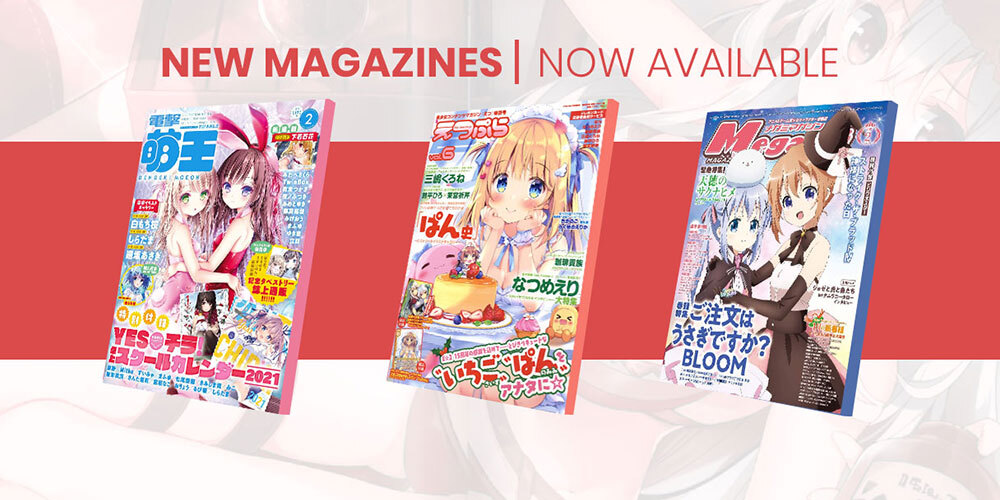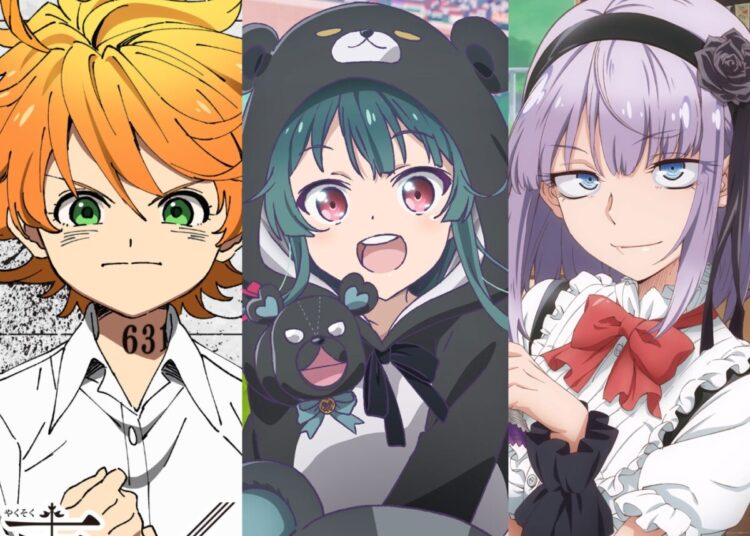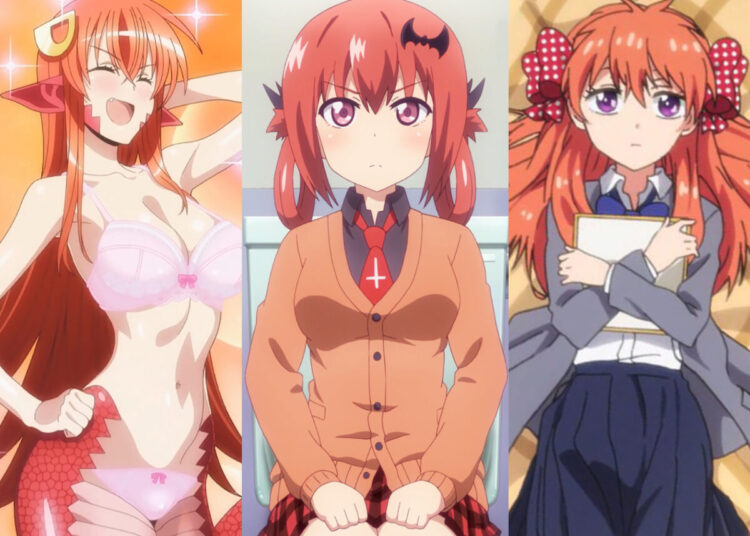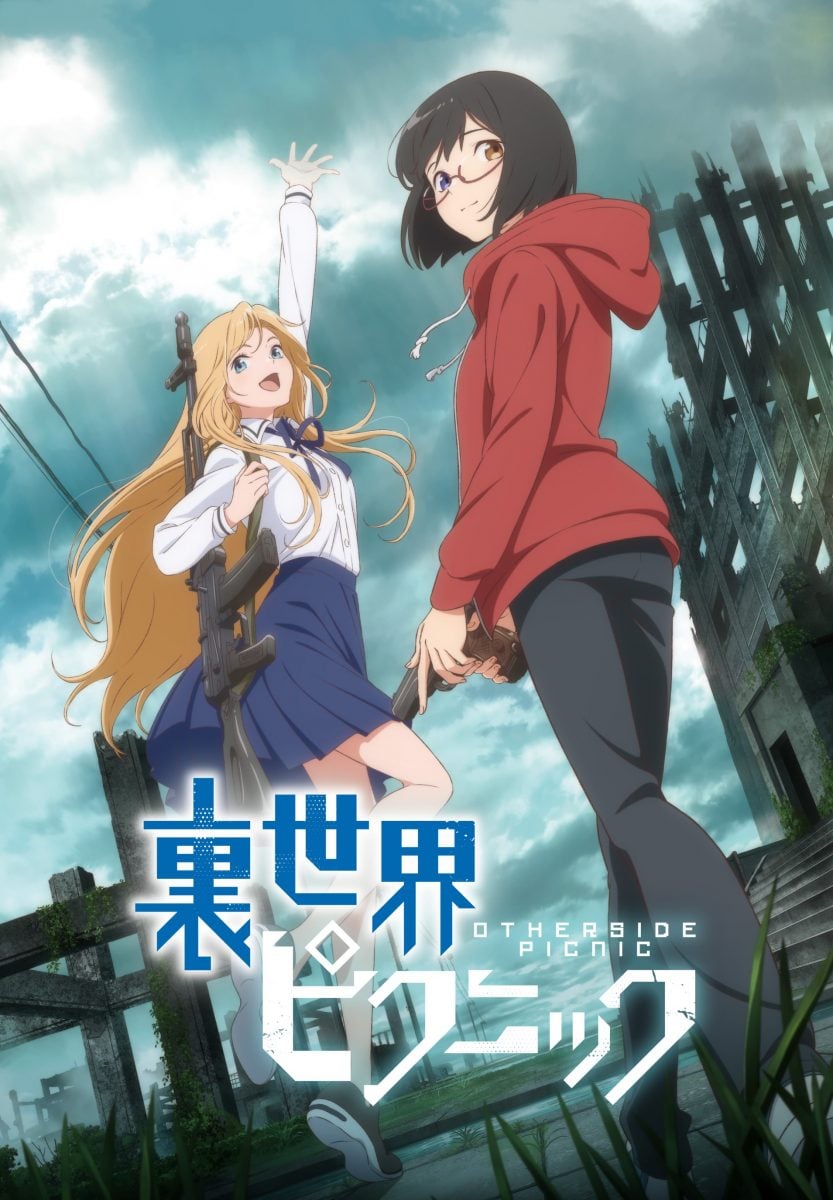I love animation in all its forms, and have been an avid follower of Japanese animation since the age of four or so. One of my first memories was being thrilled that the classic anime Speed Racer went out of its way to resolve the “secret identity” of Racer X (Mr. X in the Japanese original), who is really Speed’s brother Rex who ran away from home six years ago, and now wears a mask. To watch an animation which told a dramatic story that provided closure at the end seemed the coolest thing in the world to me at the time, at least as cool as the Mach 5. Since then I’ve come to really love anime that tells a well-executed and well-structured story… such as The Promised Neverland, one of the best-written anime series in the modern era.
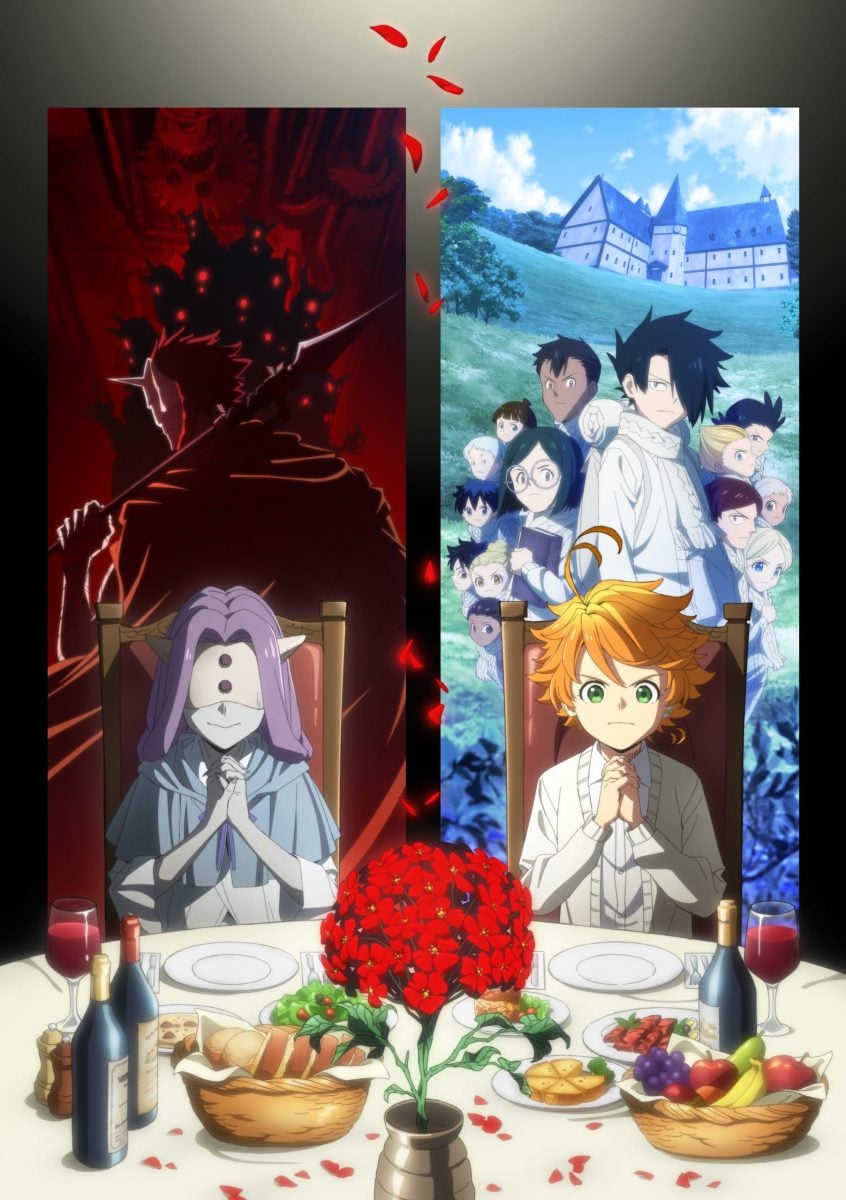
Not All Anime is Well-Written
While there are many exceptions, anime is often not well-written, unable to tell a dramatic story that builds to a crescendo ending. Instead, anime often suffers from various problems, including:
- If the work is based on a manga, there might be challenges converting the story into the confines of a film format. Akira and Nausicaä of the Valley of the Wind are two examples where the story in the manga is far more rich and developed.
- Another curse of anime based on manga or novels is that the story might not be finished yet, so fans are left with a non-ending that’s basically an advertisement for us to go read the original work. Or worse…filler episode arcs. I’m looking at you, Naruto and Bleach.
- Sometimes a work is so popular, it’s doomed to continue on for years. This is why Madoka Magica didn’t get the clean, perfect ending that Urobuchi Gen wanted to give us, and why most Rumiko Takahashi works go on and on and on… and then end abruptly, without tying up the story elements in a way fans want. The exception to this is the great Maison Ikkoku.
- Often the unwillingness of anime creators to even try to tell a proper story seems indefensible. To me the poster child of this is Re:CREATORS, a clever reverse-isekai anime with a high ‘meta’ concept in which characters from fictional anime and light novel universes enter our world, where they’re able to meet their own writers, character designers and voice actors…and learn that naughty doujinshi are being made about them. Sadly the show’s story was a mess, and had one of the most frustrating non-ending in the history of anime.
(Obviously certain genres of anime are excepted from needing to have a specific structure, such as slice-of-life or shows created from 4-koma manga series. I’m mainly talking about more serious anime series and films.)
The Promised Neverland Might be the Best-Written Anime I’ve Seen
I started watching season 2 of The Promised Neverland last night, and was immediate enthralled in the story, which picks up right where season 1 left off. I consider the first season of The Promised Neverland to be one of the best-written anime series I’ve ever seen, with excellent execution by the production staff.
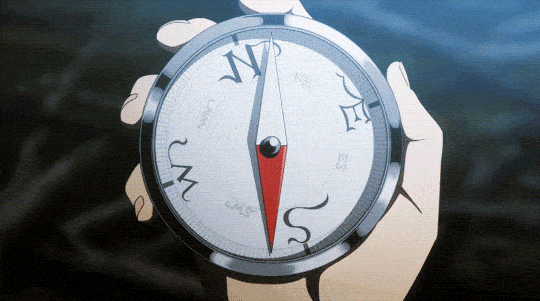
As I wrote in my original blog post, The Promised Neverland is the story of children living in a facility for orphans called Grace Field House. Life couldn’t be better for the kids: they eat delicious gourmet food every day, are watched over by their loving caretaker named Isabella, and all happily await the day when they’ll be adopted by a family. When Emma and Norman discover the truth — that the children aren’t living in an orphanage but on a farm, and they’re the livestock who will eventually be butchered and sold as meat to horrible monsters known as Demons — they start to plot their escape. The drama is heightened by Emma’s absolute insistence that not only the older children be allowed to escape, but every child, even the ones who are too young to care for themselves.
I love The Promised Neverland because, like Attack on Titan, it sets up its characters in a completely bizarre and horrific situation, causing the audience to wonder if adequate answers can possibly be provided…then proceeds to give us the answers we’ve been seeking, at least so far.
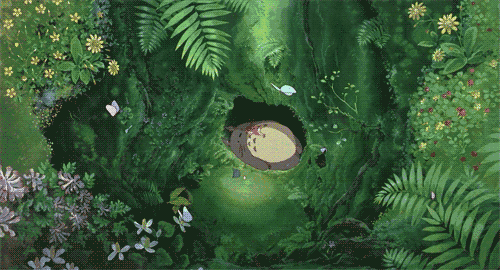
Differences Between Japanese and Western Storytelling
Often when I watch a non-anime Japanese film, I often end up obsessing over the story design, and how different it generally is from the classic Hollywood “three-act structure.” Western films like Back to the Future are structured in a way that creates the maximum excitement by establishing the problem, bringing the characters along the main arc of the story then dropping everything down to the lowest crisis point before resolving the story in a glorious way. Japanese films are far more likely to have “no” structure, or at least not one that we can identify as easily. They tend to show events that happen in sequence, and then the story ends in a quiet way, which is closer to how reality actually is (i.e., just a bunch of stuff that happens). Other times Japanese films like to push our emotional buttons through situations rather than story structure, like in Like Father, Like Son, a 2013 film in which a successful architect played by Masaharu Fukuyama learns that the son he’s raised for the past ten years isn’t really his biological son, because a nurse who was resentful of his wealth and privilege switched his son out for another one born to a poor family on the same day.
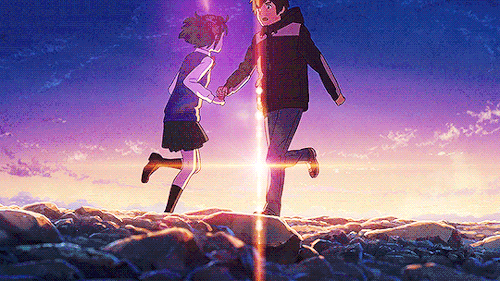
Interestingly enough, one director did adopt the classic Hollywood three-act structure to creating anime, and his work ended up being one of the top-grossing films of all time. His name is Makoto Shinkai, and the film was called Your Name. Maybe there is something to the three-act story structure after all.
In the end, of course, none of us wants anime to become like Hollywood, and the main reason most of us got into Japan’s subculture was to escape this sometimes overly-homogenous world of mainstream culture in our home countries. It’s just nice when an anime goes out of its way to try to tell a story in a dramatic, methodical way that heightens our tension and enjoyment of the series. I hope you’ll be watching The Promised Neverland, one of the best-written anime series in recent years, with me!
Thanks for reading! Got any other examples or “good” or “bad” anime writing? Post them in the comments below or tell us on Twitter!
We’ve got lots of new anime magazines in stock, so why don’t you browse them now? This is the final weekend you can use the automatic $20-off-$100-or-more New Year’s coupon, so choose something awesome for yourself! Browse all new anime magazines here.


